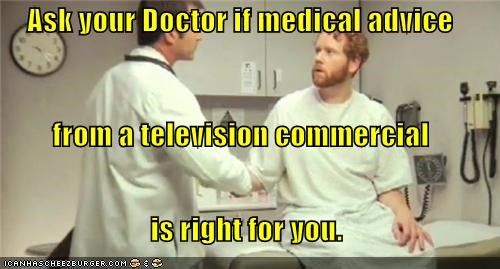
It’s ok, it happens to the best of us, no need to beat yourself up over it.
What are “negative keywords?”
This is a list of terms that have the exact opposite intent of your target keywords or can change the meaning of a keyword. This list tells Google what terms you do not want to appear for.
Here’s Google’s definition…
“A type of keyword that prevents your ad from being triggered by a certain word or phrase. Your ads aren’t shown to anyone who is searching for that phrase. This is also known as a negative match. For example, when you add “free” as a negative keyword to your campaign or ad group, you tell Google Ads not to show your ad for any search containing the term “free.” On the Display Network, your ad is less likely to appear on a site when your negative keywords match the site’s content.”
You are potentially wasting tons of money if you do not have a negative keyword list.
Conversion Rates Are A Warning Sign
The beauty of a PPC campaign is that you can dial it to such a granular level that you are able to dictate the type of traffic going to your website. The problem with PPC is that this is hard to do.
Why? Well, you are up against your competitors bidding on sought-after keywords meaning certain terms can get pricey. Every penny counts in the PPC game.
How do you know if you’re bidding on the best terms? Take a look at your conversion rate. Your campaign could be driving tons of traffic to your site, but the conversion rate is really low.
Assuming your landing pages are properly optimized for conversion, you likely have another problem. You are getting the wrong traffic.
User Intent and Negative Keywords
Chances are there is a word being used in the searches leading to this traffic, which alters the targeted user intent. The easiest way to explain this is with the following example.
Let’s say you sell tax preparation services. So maybe you bid on the term “tax preparation.” But someone searches for “tax preparation software.” That one additional word changes the meaning and, therefore, the user intent of that search.
So, you end up bidding on clicks that do you no good. This is a major waste of money.
There are other terms that may be related to what you offer but change the user intent. For example, if someone searched for “free tax preparation” and you charge for tax prep services, you don’t want that “free” traffic.
Here is a great article on potential negative keywords to consider.
Ask Your PPC Practitioner if Negative Keywords Are Right for You

Whether you manage your PPC campaign in-house or use a digital marketing firm like Wellspring Digital, you want to ask some questions.
Are they using a negative keyword list? How did they come up with that list? Can they clearly explain their methodology for determining these words?
It Takes Gray Matter to Run an Effective PPC Campaign
A typical PPC campaign might look something like this…
- You discuss and outline the overall goals of the campaign.
- The PPC campaign is developed using a mix of broad, phrase, and exact match terms and negative terms.
- Using a combination of dashboard data and Google’s Search Term Report, negative keywords are identified.
- Someone monitors the campaign for traffic, conversion, and cost. Adjustments are made as needed to improve campaign effectiveness.
We have a saying here at Wellspring Digital which is “don’t trust the dashboards.” We say this because the dashboards you use, anything from SEMRush, AHRefs, Google Ads, etc. work using machine learning. Machines are stupid.
Our brains are still the most powerful computers around. The dashboards will help to suggest potential negative keywords, but an educated mind is still the best tool available for developing the best list possible.
Engage a professional and communicate regularly with them about efficacy and strategy and you will be in good shape.
If you need help with your PPC campaign, we can help! Drop us a line or call us at 301.304.9349.